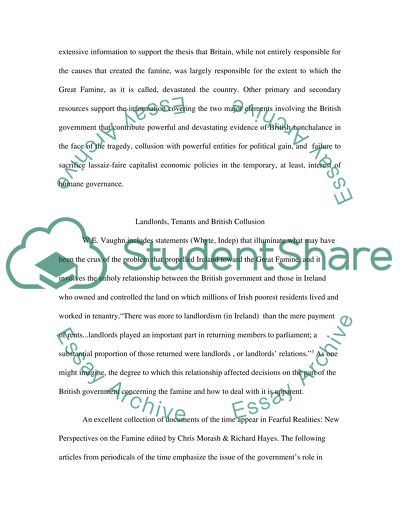Cite this document
(“Factors Contributed to the Great Famine in Ireland Research Paper”, n.d.)
Factors Contributed to the Great Famine in Ireland Research Paper. Retrieved from https://studentshare.org/history/1556653-on-attached-file
Factors Contributed to the Great Famine in Ireland Research Paper. Retrieved from https://studentshare.org/history/1556653-on-attached-file
(Factors Contributed to the Great Famine in Ireland Research Paper)
Factors Contributed to the Great Famine in Ireland Research Paper. https://studentshare.org/history/1556653-on-attached-file.
Factors Contributed to the Great Famine in Ireland Research Paper. https://studentshare.org/history/1556653-on-attached-file.
“Factors Contributed to the Great Famine in Ireland Research Paper”, n.d. https://studentshare.org/history/1556653-on-attached-file.


